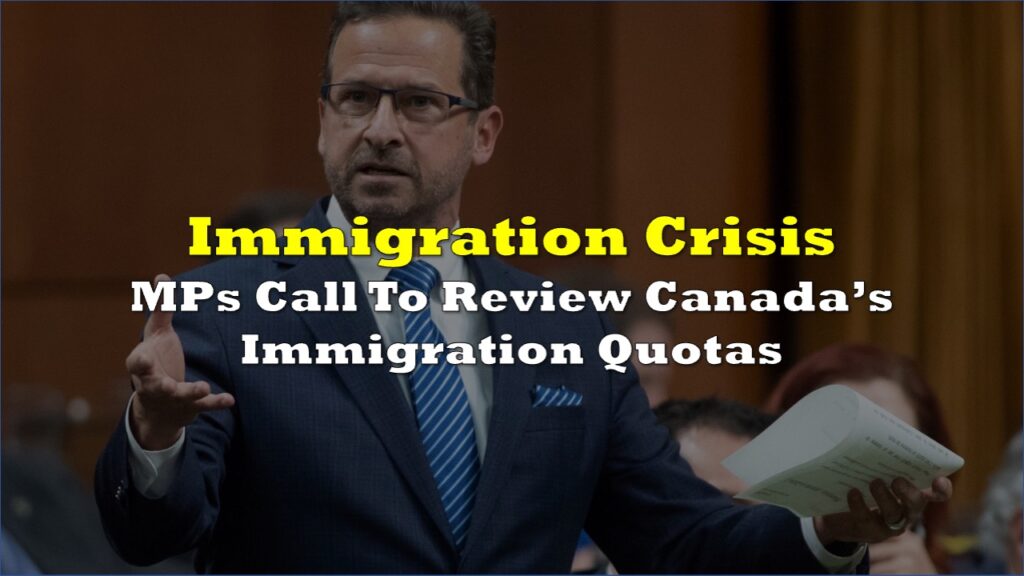The Liberals may be finally changing their tune on immigration and accepting the facts — or it could also be the pressure of dwindling voter support — but Immigration Minister Marc Miller is touting efforts to lessen the country’s reliance on temporary foreign labor and international students.
“We have gotten addicted to temporary foreign workers,” Miller told Bloomberg earlier this month. “Any large industry trying to make ends meet will look at the ability to drive down wages. There is an incentive to drive labor costs down. It’s something that’ll require a larger discussion.”
The ministry previously announced a significant reduction of 35% in foreign student visas for the current year, alongside plans to introduce restrictions on students’ work hours off-campus. Miller also said that the ministry will review the temporary foreign worker program, aiming to address concerns over wage depression in various industries.
This comes after the Liberal Government’s recent attempts to justify the untenable surge in immigration.
Related: Ottawa Gives $362 Million To Provinces As Stopgap Measure For The Immigration Problem It Created
Miller is reevaluating a policy that allowed students to work up to 40 hours per week off-campus, a temporary measure introduced during pandemic-induced labor shortages. Although the new rule will permit more than 20 hours of work weekly, it will be less than 40, aiming to strike a balance between labor demands and students’ welfare.
In collaboration with Employment Minister Randy Boissonnault, Miller is scrutinizing the temporary foreign worker program to prevent exploitation, especially in lower-wage sectors. Despite concerns from the business community, which argues that these changes could have unintended consequences, especially for smaller and rural areas reliant on migrants, the government is determined to refine its approach to temporary migration.
Critics, including the Canadian Federation of Independent Business, warn against hastily made sweeping changes, fearing they might undermine the programs’ benefits. Meanwhile, the Retail Council of Canada advocates for a balanced regulation, suggesting a 30-hour work week for international students during classes to help them gain valuable skills and support their financial needs.
Miller emphasizes the long-term implications of these policy adjustments, suggesting that reducing temporary migration might address inflation and exploitation issues, despite potential economic impacts.
Information for this story was found via Bloomberg, Economic Times, and the sources and companies mentioned. The author has no securities or affiliations related to the organizations discussed. Not a recommendation to buy or sell. Always do additional research and consult a professional before purchasing a security. The author holds no licenses.









